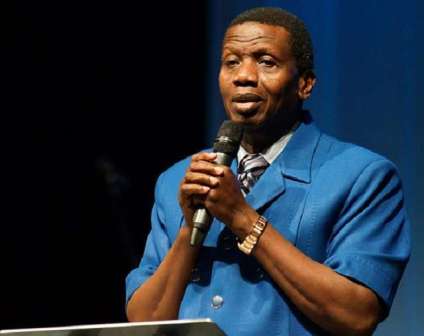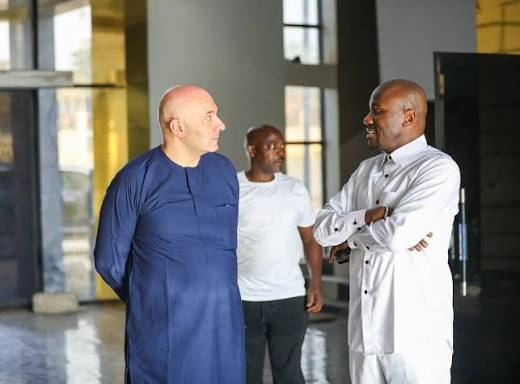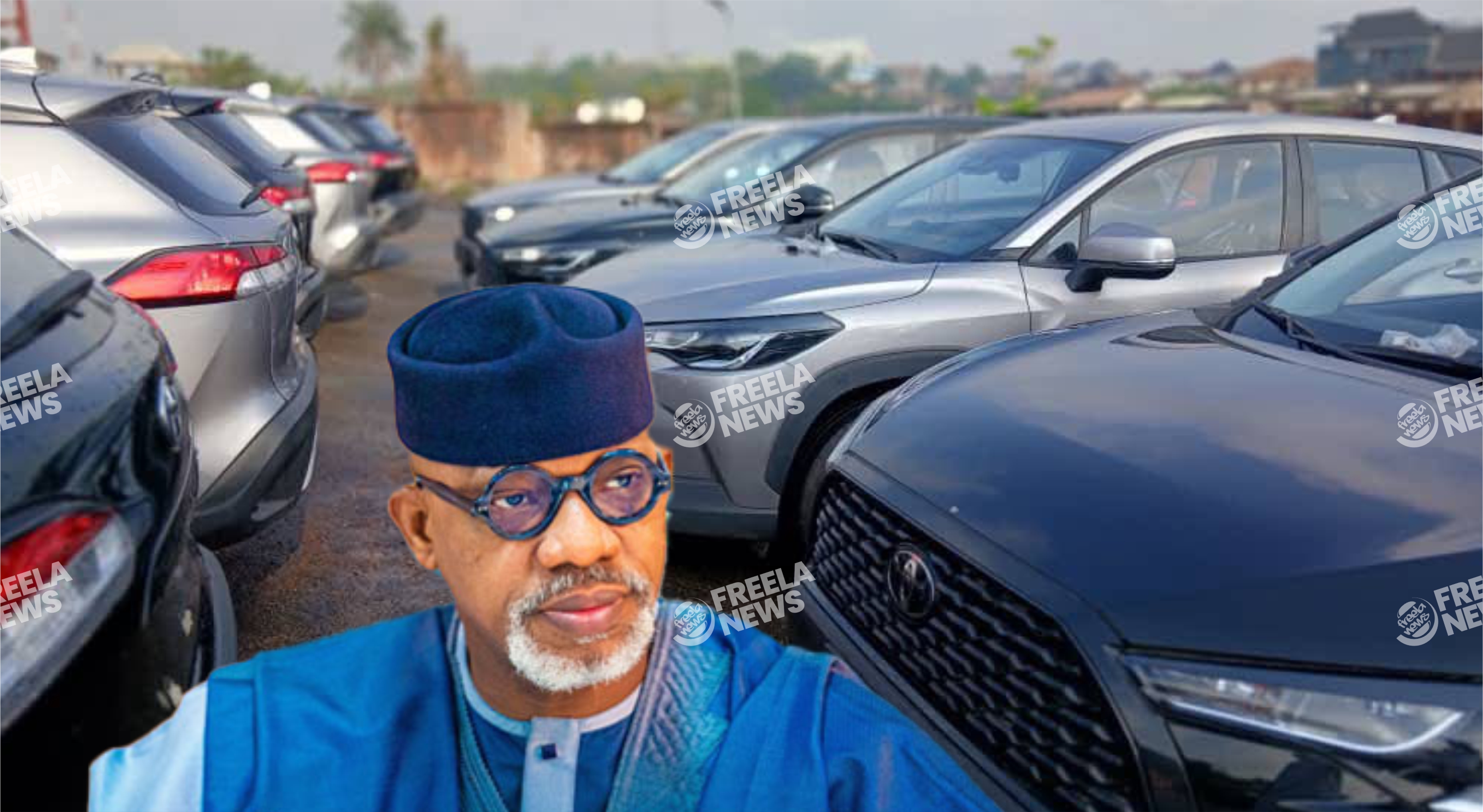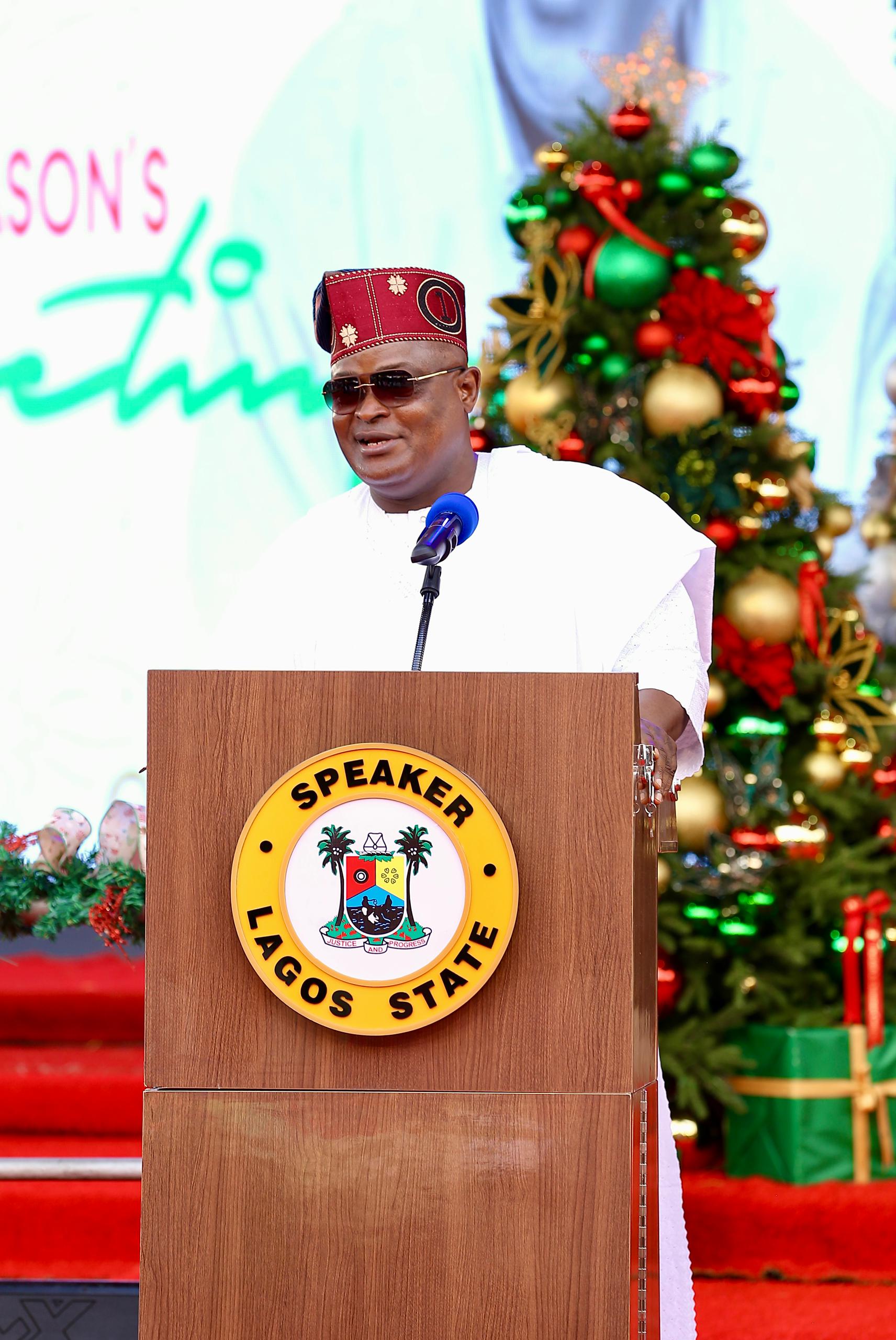The Minister of Finance and Coordinating Minister for the Economy, Mr. Wale Edun, stated yesterday that sacrifices must be made in order to raise enough revenue and lower Nigeria’s high financing deficit.
He said that the cost of taking out foreign loans would be too high for developing countries to bear, thus ending the government’s reliance on borrowing to finance the budget for 2024.
Edun appeared before the joint Senate Committee led by Senator Sani Musa to review the 2024–2026 Medium Term Expenditure Framework and Fiscal Strategy Paper (MTEF/FSP) in Abuja.
Before lawmakers called a closed session, the minister made the claims in front of the panel alongside the Executive Chairman of the Federal Inland Revenue Service (FIRS), Mr. Zacch Adedeji, and the Director-General of the Debt Management Office (DMO), Ms. Patience Oniha.
He maintained that increasing investments in infrastructure that generates income was the best way for Nigeria to finance its yearly budgets.
He claims that developed nations have increased interest rates in order to control inflation and stabilize their economies.
He also says that developing nations will find it extremely costly to obtain foreign loans.
“We have an existing borrowing profile. Our direction is to reduce the quantum of borrowing or intercepting deficit financing in the 2024 Budget.
“Simply put internationally there is focus among rich countries on bringing down the inflation rate to stabilize the economies and give them opportunity for investment growth.
“They are in the process, sacrificing that immediate goal for compacting their economies, or at least contracting the money supplies and pushing up the interest rates and of course high interest rates and investments don’t go together.
“What is left for us to access those funds are expensive. So, it is the last thing that we must rely on. “As we know we have all the figures on debt servicing and cushioning 98 per cent of government revenue.
“The last thing you can think of is to pile up more debts. The government needs to not just maintain its activity, it needs to spend more.
“If you look at government spending, if you look at the budget as a percentage of GDP, ours is one of the lowest being 10 per cent. Even Ghana is at 25 per cent while rich countries are at 50 per cent.
“The very rich countries have to be most advanced in terms of social safety nets and its social security system at 70 per cent of GDP. Government spending definitely will lead to increase.
He noted that going for external interventions would definitely not be an option because it would further push the country into deficit financing.
“The office of the Accountant General of the Federation should look properly in that direction. The current practice of delaying the remittances of revenues by the MDAs had created a room for the misappropriation of those funds.
“The Senate Committee on Finance is interested in knowing the type of agreement that was signed on behalf of the Federal Government of Nigeria.
“What is the value of the e-customs agreement? How much is Nigeria expecting? We are tired of judgement debts all over the place. We need to know the plans on ground to collect excise duties and other tariffs so that we won’t run a deficit budget again next year.”























